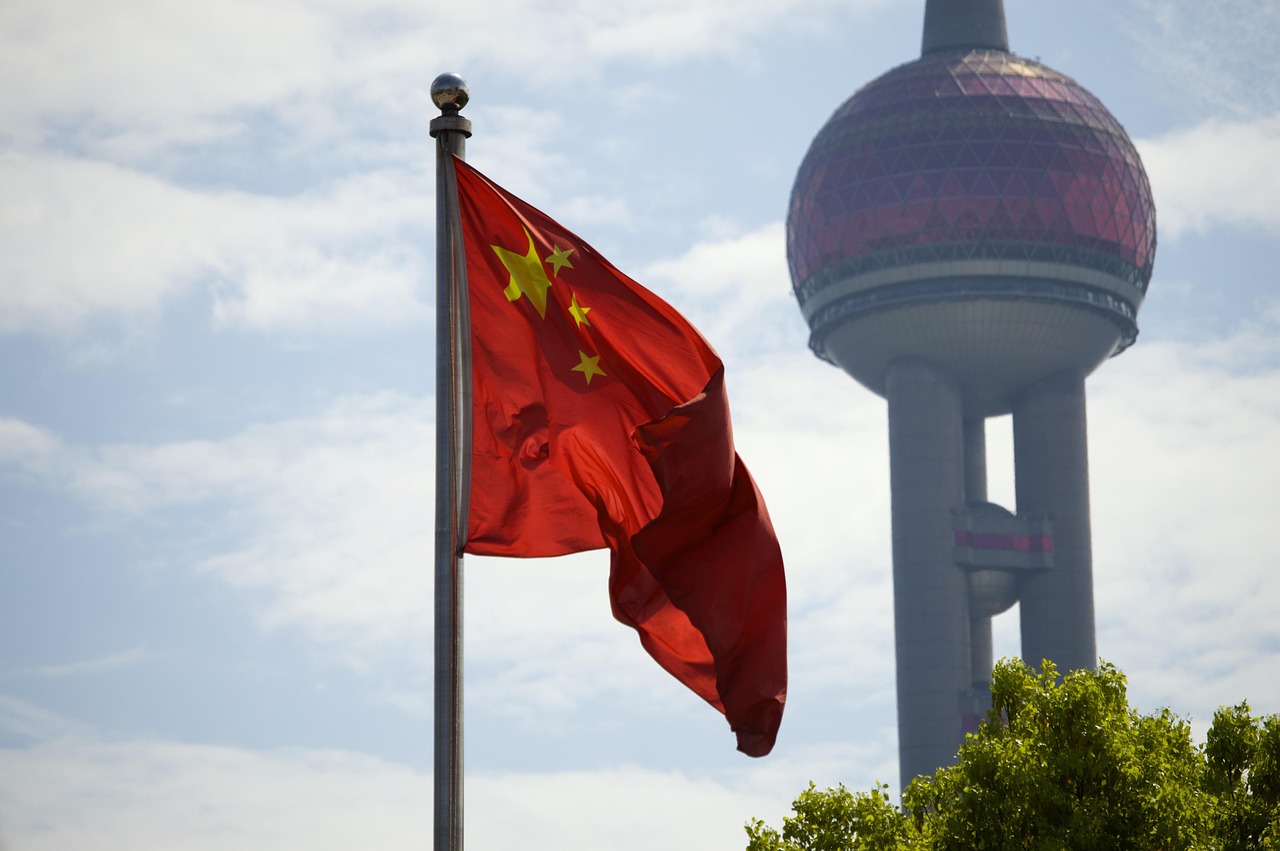China’s AI industry entered 2025 as a perceived follower but ended the year transformed. Rapid technical progress and commercial milestones reshaped global perceptions of Chinese innovation.
The surprise release of DeepSeek R1 demonstrated strong reasoning performance at unusually low training costs. Open access challenged assumptions about chip dominance and boosted adoption across emerging markets.
State backing and private capital followed quickly, lifting the AI’s sector valuations and supporting embodied intelligence projects. Leading model developers prepared IPO filings, signalling confidence in long term growth.
Chinese firms increasingly prioritised practical deployment, multilingual capability, and service integration. Global expansion now stresses cultural adaptation rather than raw technical benchmarks alone.
Would you like to learn more about AI, tech and digital diplomacy? If so, ask our Diplo chatbot!










